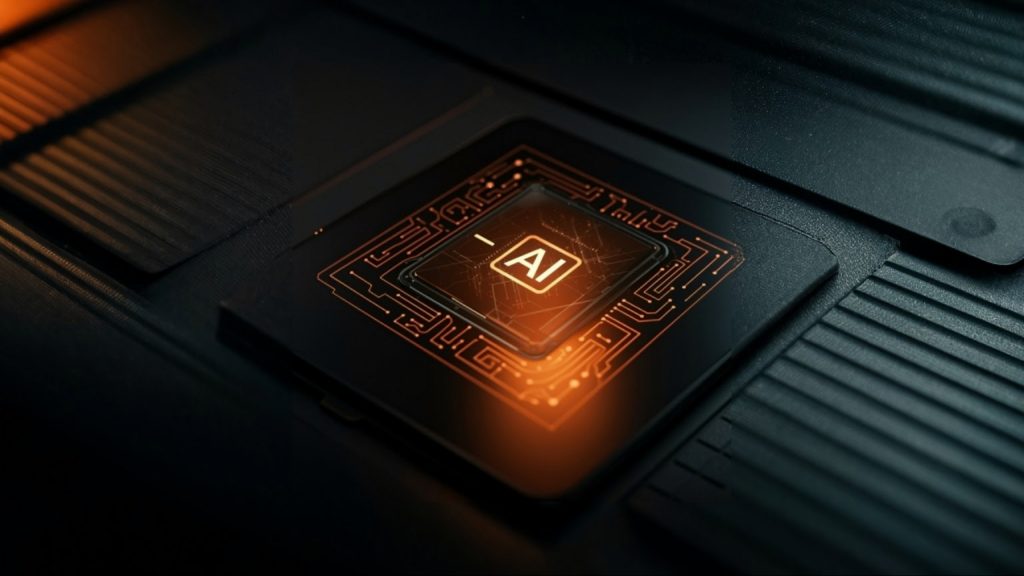
On February 4, US President Donald Trump and Israeli Prime Minister Benjamin Netanyahu will meet for their first official discussion since Trump’s re-election, with trade tensions, technology, and military aid high on the agenda.
While much attention is likely to fall on the war on Gaza and regional diplomacy, economic and technological issues are no less pressing. Israeli officials are particularly sensitive, however, to new US trade policies and the restrictions regarding AI chips, which the former and latter threaten to have deeply consequential impacts on the country’s economy.
With tariffs already weighing in main global markets, Israel tries to get exemptions to save the vital industries. Meanwhile, the continuous wrangling over military aid brings into question the broader US-Israel economic partnership. The resulting concerns have set the stage for high-stakes negotiations to shape the future of bilateral relations.
US Trade Tensions and Israeli Concern
The United States has already imposed tariffs against imports from such key trading partners as Mexico and Canada, aside from China. Trade tensions raise concern that similar actions might reach the borders of Israel. With the US trade deficit expected to reach $1.2 trillion by the end of 2024, Washington is looking for ways to balance trade with its partners.
“The U.S. market is strategically important for Israeli industry and remains the most important in the world, so it’s very important for us that Israel will be free from new tariffs,” Yoav Saidel, Israel’s economic attaché in Washington said.
The most vulnerable sectors in Israel are the pharmaceutical and semiconductor sectors. Pharmaceutical exports to the US reached $2 billion in 2024, with chip and electronic component exports reaching $6.5 billion. Put together, these are also industries comprising 12% of Israel’s export oriented industrialization a percentage subject to US tariff review.
During his first term in office, Trump didn’t exempt Israel from US metal tariffs, which cost local companies millions. Now Israeli officials are concerned the same thing could happen again, with businesses heavily reliant on the American trade.
AI Chip Restrictions and Military Aid
Another pressing issue has been the limit the Biden era imposed on AI chips’ export trade tensions, hence greatly limiting the volume of advanced semiconductor technology coming to Israel. Whereas eighteen US allies were exempt from the restrictions, Israel falls into an intermediate category that entails regulatory hurdles in the purchase of advanced chips from American makers.
“The U.S.-Israel economic partnership is of paramount strategic value,” said Shmuel Abramson, chief economist in Israel. “Securing Israel’s exemption from AI chip export restrictions is a top priority for the Prime Minister and Finance Minister during this visit.”
Besides commerce and technology, defense aid will also be on the table. The US provides Israel with $3.8 billion annually for defense aid in a 10-year deal. The Washington administration has given an additional $22.76 billion worth of military aid to the state since October 7, 2023. As of now, Trump has exempted Israel from the cut in foreign assistance.
With Netanyahu and Trump sharing vast political history, this meeting, as expected by many, does not stop with diplomatic talk. It will define the economic trade tensions and technological future for US-Israel relationships in the future.
Inside Telecom provides you with an extensive list of content covering all aspects of the tech industry. Keep an eye on our Tech sections to stay informed and up-to-date with our daily articles.